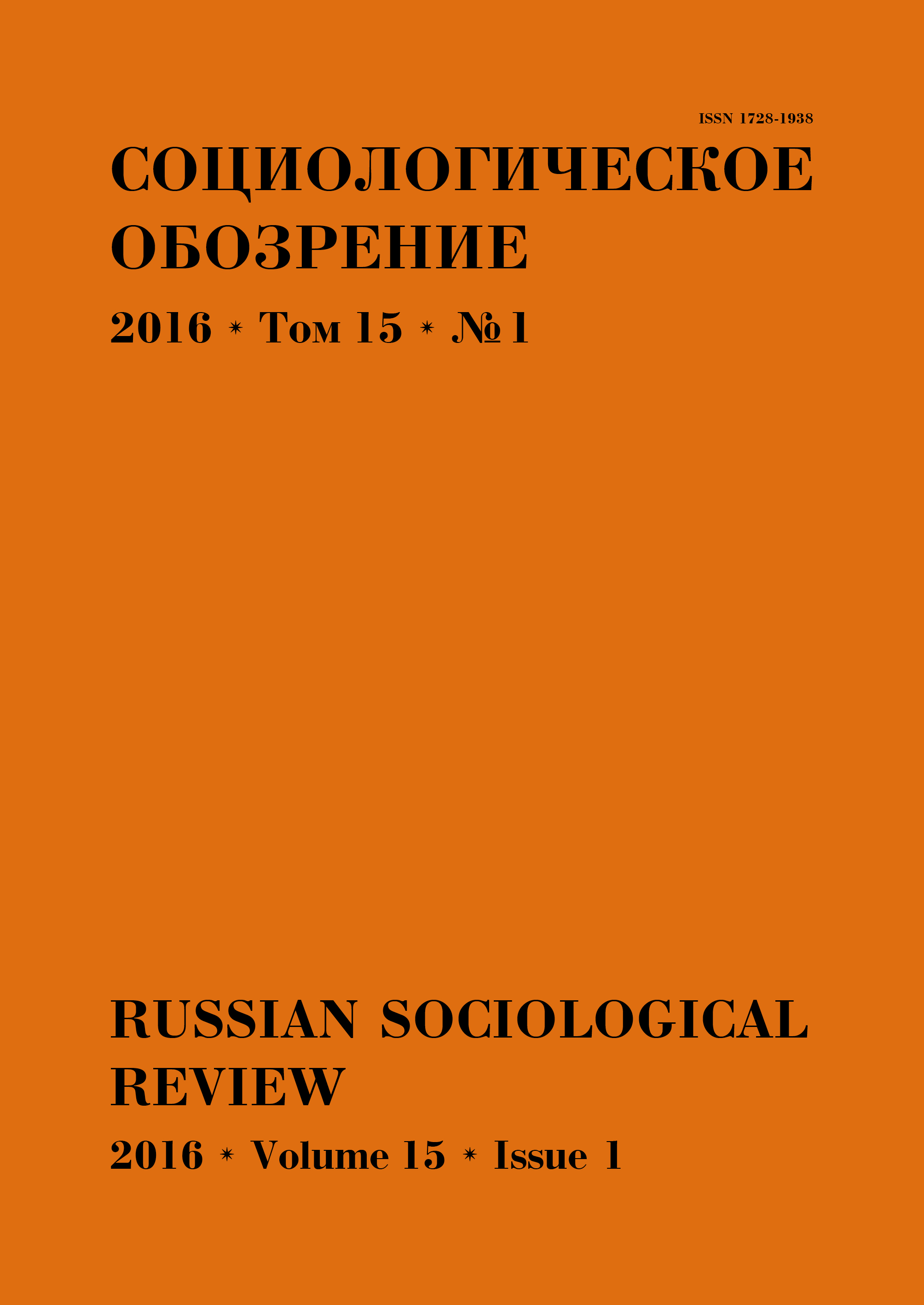The Politics of Justice: The Question of Deontological Ethics in Political Culture of Japan
Keywords:
political philosophy, righteousness, weal, deontological ethics, Japanese philosophy, Luc Boltanski, Laurent Thévenot, orders of worth
Abstract
Based on L. Boltanski, and L. Thévenot’s “domestic order” described in “orders of worth”, the article deals with the deontological ethics that lays the groundwork for Japanese political culture. Towards this end, I analyze conceptual issues of “orders of worth” in trying to reduce the theory to Japanese political reality. The most ancient constituent act known as the Seventeen-article constitution is described as an example of Japanese political thought. In consistently applying the principles stated by Boltanski and Thévenot, I conclude that the Constitution meets all of the conditions to be considered as a fundamental work, which lays a solid cornerstone of Japanese traditional political and social order. Among all of the “orders of worth” offered by Boltanski and Thévenot, I chose the “domestic order” as the most acceptable to focus on the characteristics of the phenomenon of domination in the Japanese ruling elite, which contrasts with the domination of the European type. In analyzing the listed differences, the author concludes that the root of the Japanese understanding of justice correlates with the understanding of righteousness. As a result, I conclude that the Japanese way of political conceptualization focuses around ideal forms of state rule and ideal order, and is, in a certain sense, typical for the classical political thought of ancient times. In such a type of thought, conceptions of righteousness, justice, truth, sincerity, and harmony are the points of departure for any political consideration. In this context, I can call the Japanese traditional political culture as a deontologically and axiologically-oriented culture focused on political ideals and public weal.Downloads
Download data is not yet available.
Published
2016-03-28
How to Cite
МатвеенкоВ. (2016). The Politics of Justice: The Question of Deontological Ethics in Political Culture of Japan. Russian Sociological Review, 15(1), 75-93. Retrieved from https://vo.hse.ru/index.php/sociologica/article/view/38
Issue
Section
Political Philosophy




